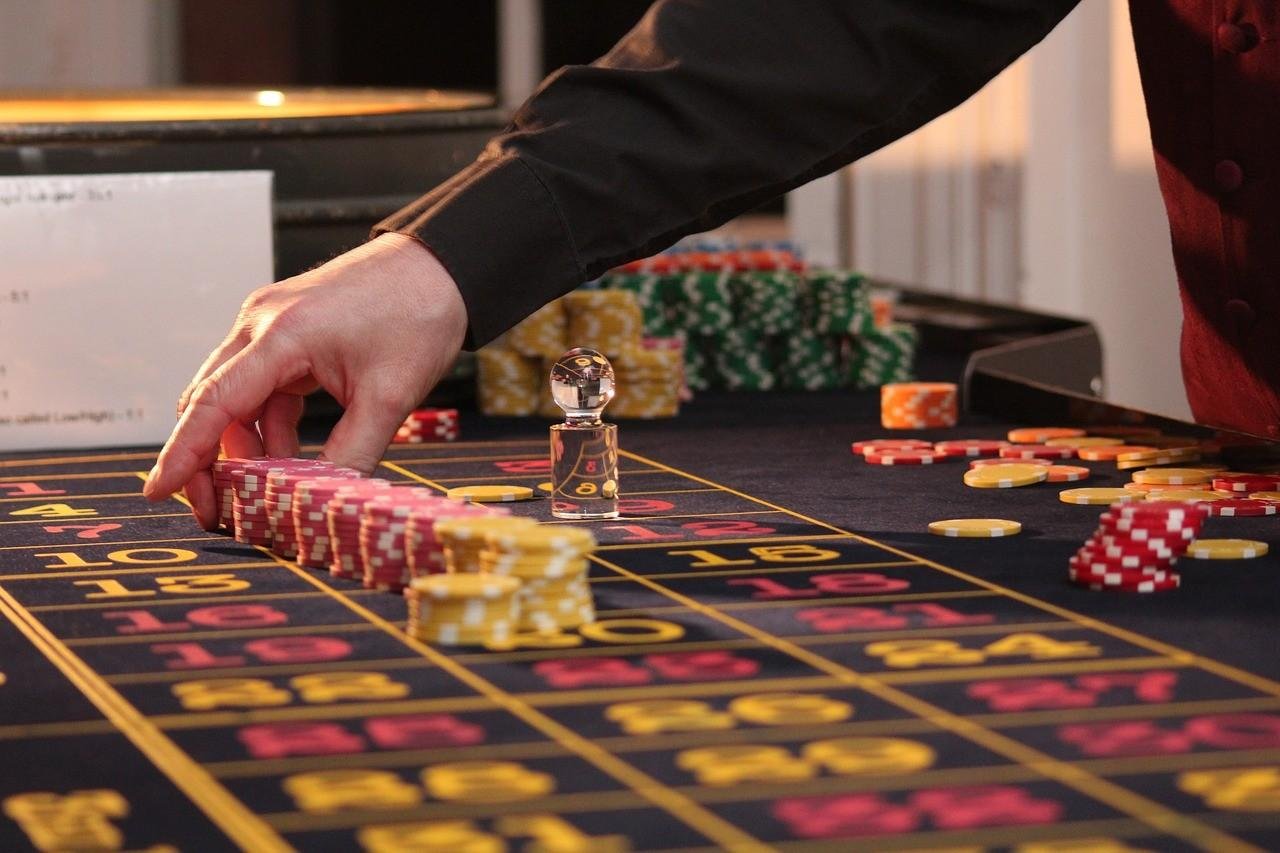Korea’s casino culture has long been about exclusivity, luxury, and tradition. Casinos have long been a destination for generations of both the older generation and overseas tourists, especially in resort areas like Seoul and Jeju Island. But now, a quiet revolution is underway. As millennials and Gen Zers become adults and gain purchasing power, they are gradually but steadily exerting influence on the Korean gaming industry. Although their influence is quiet and deep-rooted, it is not youth and technology that is the cause, but rather changing values, behaviors, and expectations.
A New Kind of Gambler
Millennials and Gen Zers are not younger versions of previous generations. They are comfortable with a unique lifestyle and are online-savvy. They love the internet, smartphones, and rapid technological innovation. They want instant, rich, and interactive experiences. For them, gaming is more than just cash games. Whether online or in a social casino with the latest technology, they value interactive experiences.
Unlike previous generations who visited casinos for entertainment or fame, young gamblers seek thrills, virtual reality experiences, and social interaction. Whether they gamble in virtual worlds or visit real casinos, their reasons change with the times. Gambling is no longer a matter of social desirability, but rather a matter of intentionally taking risks and influencing the culture of gaming.
Digital Natives and Online Gaming
With smartphones and apps at their fingertips, young players have more access to gambling than previous generations. Mobile betting, virtual games, and online casinos are just a few clicks away from their computers or phones. The convenience and portability of these websites and apps appeal to Millennials and Gen Zers who value speed and choice. The old-school approach of going to a fancy casino, sitting at a table for hours, and playing in a ritualistic manner is not very appealing to them.
In addition, the generation is attracted to graphical interfaces and interactive elements. They want most online slots to include stories, mini-games, or multiplayer modes instead of traditional table games. Virtual reality and augmented reality offer opportunities to appeal to young players who crave immersion. All of these changes are putting pressure on South Korean casinos, which are largely built to cater to older tourists, to change their approach.
Changing Social Attitudes and Values
The second major factor driving the industry change is social attitudes. Young people in South Korea are more awed by gambling than fearful of it, although they are more aware of the risks. Gambling is no longer seen as a vice or taboo, but rather as a recreational activity that can be enjoyed in moderation and is part of a healthy lifestyle.
However, this is balanced by a growing interest in mental health and responsible behavior. Most millennials and Gen Zers are actively seeking out information about the risks of addiction and are using reward tools to set limits or monitor spending. In response to this trend, some sites and casinos have introduced responsible gaming features such as daily spending limits, break time reminders, and exclusion tools. These are good examples of how this generation is balancing seriousness with fun.
Cultural influences and the emergence of hybrid entertainment
Cultural influences are also influencing the formation of casinos.
Today’s young people are no longer just looking for gambling. They are looking for entertainment that is relevant to their interests, whether it be music, fashion, social media influencers, or pop culture. Some Korean casinos are experimenting with hybrid environments that blend food courts, live music venues, art galleries, and even esports into traditional gaming spaces. This is not just a cosmetic change, but part of a larger cultural shift in how gambling is integrated into modern leisure time. Millennials and Gen Zers are driving casinos to adopt a dynamic, lifestyle-focused model that embraces both gaming and non-gaming. A visit to a casino is no longer simply a gamble, but an outing, a meeting, or a social gathering.
The Role of Regulation and Future Direction
As the participation of youth players increases, there is a need to reform the regulatory framework and make the industry fair, safe, and modern. Policies such as licensing, digital protection, player protection, and ethical marketing are all areas that must respond to technological changes. Korean authorities are slowly adapting to these changes, but the balance between control and freedom will determine the future.
In the meantime, casino owners must change. This is not about eliminating traditional forms of gambling, but rather developing parallel channels that resonate with popular and diverse audiences. Millennials and Gen Z are not boycotting gambling. They are simply redefining it, and Korean casinos must be adept at listening, adapting, and innovating.
Conclusion
Gen Z and Millennials are not simply the future gamers of Korea. They are already making a difference. Their technological expertise, lifestyles, and social attitudes are breaking down existing stereotypes and creating more accessible and open policies for casino entertainment. The industry is not there yet, but the message is clear: the younger generation will write the next chapter of Korean casinos, and it will be very different from the previous chapter.
Disclaimer: Gambling involves financial risk and can be addictive. Participate responsibly and only if you are of legal age.














